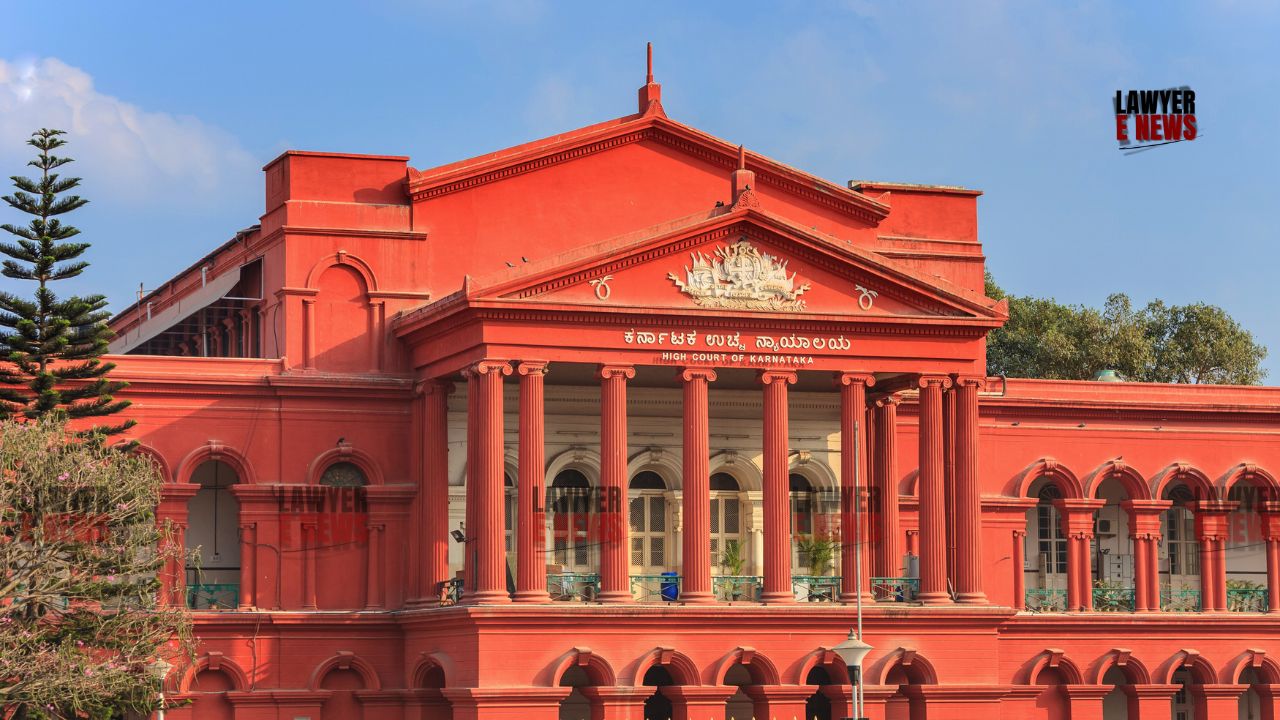-
by Admin
15 February 2026 5:35 AM



Justice M. Nagaprasanna dismisses petitioner’s challenge, upholding enforcement under Section 421 Cr.P.C. for non-compliance with settlement terms in Section 138 NI Act proceedings.
In a notable decision, the Karnataka High Court, presided over by Justice M. Nagaprasanna, dismissed a criminal petition challenging the enforcement of settlement terms under Section 421 of the Code of Criminal Procedure, 1973 (Cr.P.C.). The case involved dishonoured cheques and a subsequent settlement agreement under Section 138 of the Negotiable Instruments Act, 1881 (NI Act). The petitioner, Sri Mathikere Jayaram Shantharam, sought relief from orders mandating compliance with the settlement, which he had failed to honour fully. The court emphasized that settlements, once agreed upon, subsume the original complaints and must be strictly adhered to.
On June 21, 2011, M/s Valdel Retail Private Limited, represented by Mr. Suraj P. Shroff, entered into an agreement to purchase land. Disputes arose, and on September 29, 2021, the petitioner issued cheques to the respondent, Sri Pramod C., which were subsequently dishonoured due to insufficient funds. The respondent initiated legal proceedings under Section 138 of the NI Act. Both parties later agreed to a settlement, which required the petitioner to pay a specified amount. However, the petitioner failed to fulfill the payment terms, prompting the respondent to invoke Section 421 of the Cr.P.C. for enforcement.
The court underscored the binding nature of settlement agreements in legal proceedings. “A settlement agreement subsumes the original complaint,” the bench observed, referring to the principles established in Gimpex Private Limited v. Manoj Goel and Aneeta Hada v. Godfather Travels. The court reiterated that failure to comply with the settlement terms provides a fresh cause of action.
Justice Nagaprasanna noted that the petitioner had agreed to pay Rs. 2,99,83,904/- but only paid Rs. 10,00,000/-. The court rejected the petitioner’s arguments that the proceedings were invalid due to the non-inclusion of the company in the original complaint. “The settlement was recorded by the concerned court and proceedings were closed. Non-compliance gives rise to fresh liabilities,” the judgment stated.
The court delved into the legal principles governing settlement agreements and their enforceability. It emphasized that settlements reached under Section 147 of the NI Act are binding and non-compliance attracts enforcement under Section 421 of the Cr.P.C. “The settlement agreement subsumes the original complaint. Non-compliance attracts liability under both civil and criminal laws,” the court cited from Gimpex Private Limited v. Manoj Goel.
Justice M. Nagaprasanna remarked, “The intention of the petitioner to dodge the issue after settlement is clear. The criminal proceedings should be restored if the accused do not adhere to the settlement.” The judgment also highlighted, “The proceeding does not suffer from want of jurisdiction. The arguments to project hyper-technical grounds of interference are unacceptable.”
The Karnataka High Court’s decision reaffirms the enforceability of settlement agreements in cheque bounce cases. By dismissing the petition, the court sent a strong message about the necessity of adhering to legal obligations. This judgment is expected to influence future cases, emphasizing that settlements once agreed upon must be honoured, failing which the legal consequences will be strictly enforced.
Date of Decision: June 21, 2024
Sri Mathikere Jayaram Shantharam vs. Sri Pramod C.
